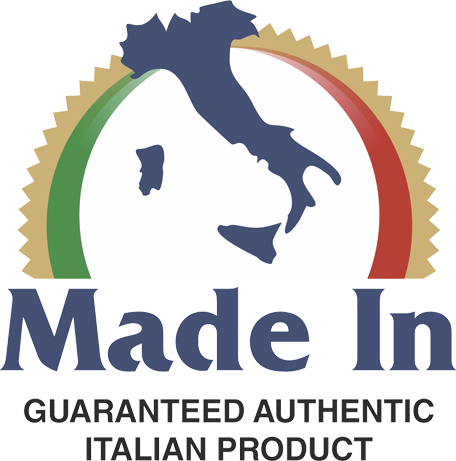
Made in Italy certification plays a key role in the international trade scene, as it is the guarantee of authenticity and quality of Italian products. In this article, we will explore in depth the importance of Made in Italy certification and how it helps protect the country’s cultural and economic heritage. From fashion to the food industry, Made in Italy certification plays a crucial role in assuring consumers of genuine, high-quality products.
Authenticity through Made in Italy Certification:
Made in Italy certification is not just a label, but a seal of authenticity. This label identifies products that have actually been made in Italy, respecting the country’s manufacturing traditions. This certification is issued only after a rigorous verification process, which includes the origin of materials, actual production on Italian soil and compliance with quality standards.
The Made in Italy Certification Process:
The Made in Italy certification process involves organizations and agencies responsible for checking the origin and processing of products. These independent agencies carefully examine each stage of production to ensure that the product meets the required standards. Only after successfully passing these rigorous checks does a product earn the prestigious Made in Italy certification.
Quality Assurance for Consumers:
For consumers, Made in Italy certification is a reliable guide when choosing products. It guarantees that what you are buying is authentically Italian and meets the country’s high quality standards. This seal of approval provides greater peace of mind to consumers, assuring them that they are making an investment in quality and authenticity.
Promotion of the Local Economy:
In addition to ensuring quality and authenticity, Made in Italy certification promotes the local economy. Supporting products with this certification means helping to support Italian businesses and workers. Every purchase of a product with Made in Italy certification contributes to the strengthening of domestic industry and the preservation of local jobs.
Conclusion:
Made in Italy certification goes beyond the label of origin. It represents an impeccable guarantee of authenticity and quality for consumers, as well as support for the local economy. Choosing products with Made in Italy certification means investing in traditions, culture and craftsmanship excellence. In an increasingly complex global market, this certification proves to be a reliable beacon, guiding us toward conscious and valuable choices.


